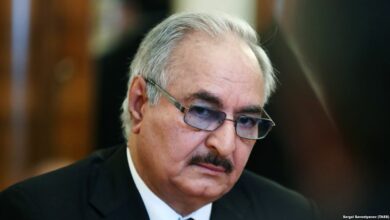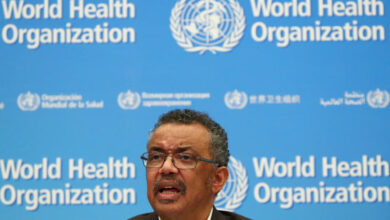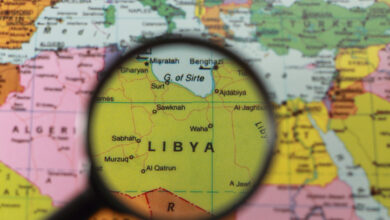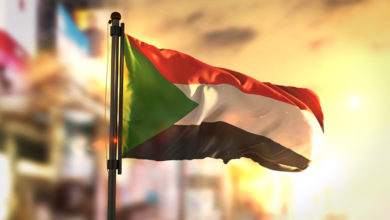World
Sudan: Military Council Shuts Down Schools After Student Killings

Sudan’s ruling Transitional Military Council on Tuesday ordered for suspension of all schools in the country for an indefinite period beginning Wednesday, reported France24.
The order comes after security forces killed five people in North Kordofan state, four of them school students, when they were peacefully protesting over the rising costs of living and fuel and bread shortages.
According to the Central Committee of Sudan Doctors, an organization linked to the pro-democracy protesters, at least 62 people were also wounded in El-Obeid.
“Orders have been given to governors of all states to shut kindergartens, primary and high schools from tomorrow (Wednesday) until further notice,” the official Suna news agency reported, following a directive issued by the ruling military council.
On Tuesday, hundreds of children, many dressed in their school uniforms and waving Sudanese flags, took to the streets of Khartoum to protest about the killings in El-Obeid. The demonstrations were also held in other parts of the capital and in other cities.
General Abdel Fattah al-Burhan, the chairman of Sudan’s military council, condemned the killings and called shootings as an unacceptable crime.
“What happened in El-Obeid is a regrettable and upsetting matter and the killing of peaceful citizens is unacceptable and rejected and a crime that requires immediate and deterrent accountability,” Burhan was quoted by state news agency SUNA.
The Forces of Freedom and Change (FFC) coalition of opposition groups accused Sudan military and paramilitary forces for the brutal killings. The group called for those responsible for the deaths to be held accountable.
The U.N. children’s agency UNICEF also called on the authorities “to investigate and hold all perpetrators of violence against children accountable”.
“No child should be buried in their school uniform,” the international body said in a statement.
The killings came before planned talks between the Transition Military Council and protest leaders on the remaining aspects of installing civilian rule in the country.





